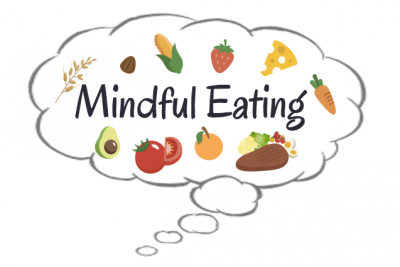Introduction:
Many foods that are rich in vitamins and antioxidants can assist your body’s natural ability to cleanse and detoxify itself. Not only can these foods help your body remove toxins, but they also provide nutrients that you need to lead a happy and healthy life
Some foods that help detoxify the body:
Asparagus
Asparagus contains glutathione, a well-known antioxidant that promotes detoxification. It is also a good source of fiber, folate, iron, and vitamins A, C, E, and K, as well as being beneficial to those with high blood pressure. Asparagus is also known to help the kidney and bladder cleanse itself.
Broccoli
Broccoli contains sulforaphane, which is great for fighting off infectious cells in our bodies. Eating broccoli also helps your body fight off cancer-inducing chemicals, and boosts the liver’s ability to clear bad chemicals from our bodies.
Grapefruit
Grapefruit is loaded with nutrients including vitamins A, C, and B1, as well as pantothenic acid, fiber, potassium, and biotin. Enzymes found in grapefruit may also break down the fat in your body to help promote weight loss. Please note that grapefruit may interact with some medications, so you should speak with your primary care provider before increasing your grapefruit intake.
Avocado
Avocados are loaded with antioxidants that help your body expel harmful toxins. A nutrient-dense food, avocados contain around 20 different vitamins and minerals that help decrease the risk of obesity, diabetes, and heart disease.
Kale
What’s the fuss over kale? Packed with amino acids that help keep your mind sharp, kale is also beneficial for managing cholesterol. Kale can also help with managing blood pressure due to its high levels of magnesium and potassium.
Artichokes
Give your liver a break! Artichokes provide a wide variety of nutrients for your blood and liver. Two phytonutrients found in artichokes help the liver produce bile, which is important in the digestion of fats.
Collard greens
Collard greens are rich in sulfur-containing compounds that support your body’s detoxification process. Not only are they high in vitamins K and A, but collard greens may also lower your risk of breast, colon, and lung cancers due to indole-3-carbinol.
Beets
Beets are a high-antioxidant vegetable that is also rich in nutrients. Beets contain betaine, which helps the liver rid itself of toxins, as well as a fiber called pectin that clears toxins that have been removed from the liver.
Spinach
Spinach is low in calories, but packed with nutrients. Spinach contains vitamins A, C, E, and K, as well as thiamin, folate, calcium, iron, and magnesium—the list goes on! Flavonoids in spinach help keep cholesterol from oxidizing in your body by acting as antioxidants.
Conclusion:
Consuming a diet rich in antioxidants helps your body reduce damage caused by free radicals and may lower your risk of diseases that can impact detoxification.
You can enhance your body’s natural detoxification system and improve your overall health by staying hydrated, consuming less salt, staying active, and following an antioxidant-rich diet.



